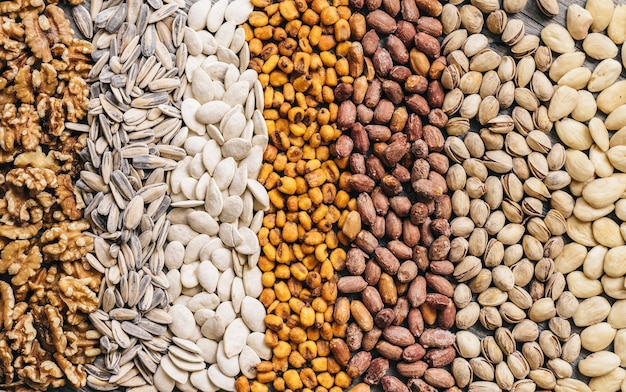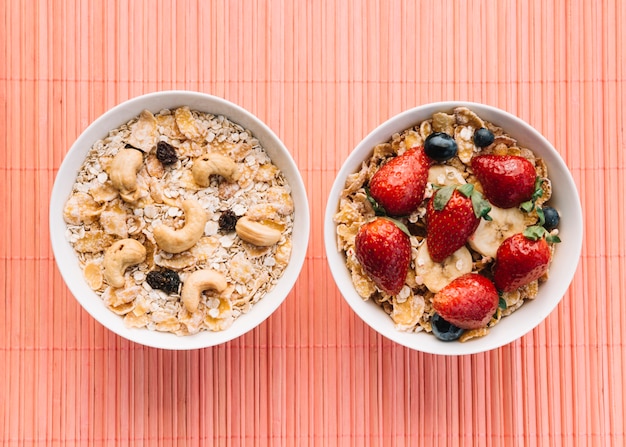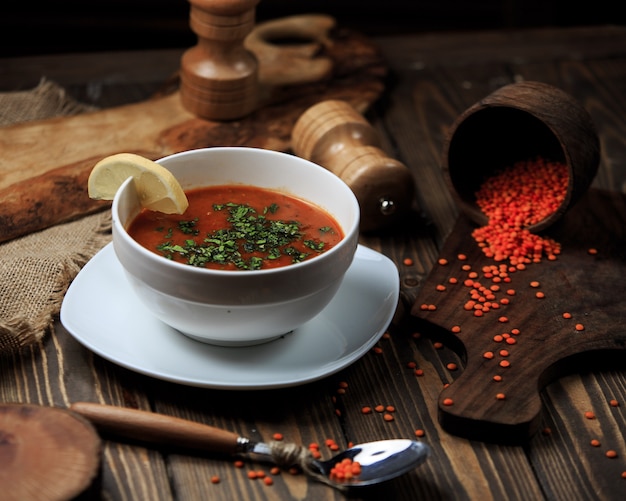10 Winter Comfort Foods to Keep You Warm This Season
Certain foods bring us “comfort” for different seasons of the year. There are many foods, specifically available and enjoyed during winters, that can help you battle the cold months. They will help you keep warm and provide nutrients that are most necessary for the body during this season. Keep reading to learn about 10 winter comfort foods that you will love this season.
It’s time to trade dishes like a grilled cheese sandwich and mashed potatoes in for something that provides you more than just a hit to your blood sugar levels.
Winter affects our bodily functions and cravings.
Chilly winter weather affects more than just your wardrobe and heating bill. Your body also experiences changes in energy levels, metabolism and even food preferences.
When the temperature falls the metabolism of the body slows down in order to conserve energy and keep the body warm. This is one of the reasons why we can end up feeling sleepy and lethargic during winters. But fear not, here are some foods that can not only keep you warm but can also boost your energy levels to get you through the cold winters.
Give your body what it truly needs.
Turning to comfort foods can traditionally mean loading up on processed meats, excessive dairy, and carbs. However, if you take the time to tune into your winter food cravings, you may notice your body it telling you something completely different!!

Root vegetables.
Local produce can be hard to find when cold weather inhibits crop growth. But root vegetables like beets, carrots and turnips are quite hearty and can withstand the cold, so local farmers can provide fresh produce — and you can reap the benefits. Roast carrots for a boost of beta-carotene, or boil turnips for vitamins C and A.
Root vegetables are a great addition to any soup for a boost of flavor and nutrition.
Fruits.
High fiber fruits, such as coconut and apples are ideal choices in the winter season. These fruits are packed with fiber and our stomach takes time to digest them, which produces heat and keeps you warmer.
Citrus fruits like grapefruit and oranges are a great source of vitamin C, which can boost your immunity and fight off foreign invaders ( such as the flu virus) really well. These fruits can add a zing to your winter mornings and keep you healthy.
Pomegranate is loaded with antioxidants and can help in fighting off free radicals which can be produced in the body due to various environmental and physiological factors.It can also help you in fighting the flu bug and build up your immunity. Have a pomegranate, add it to your fruit salad or make a smoothie with it.
Remember, fruits taste significantly better when they’re local and in season. Coconuts, apples, pomegranates, and citrus fruits are all harvested in the fall making them more likely to be fresh in the winter months. Otherwise, opt for frozen options (especially when it comes to berries).

Nuts.
Nuts like almonds, walnuts, cashews, and pistachios are also beneficial in winter. These nuts speed up your metabolism, are full of healthy fats, and increase your body temperature, eventually making you feel “hot.”
Regular intake of almonds and walnuts during the winter can help promote an active nervous system, improved sensitivity to insulin, and an overall healthy heart and body. You can eat them alone or combine them with yummy fruits, such as apricots, or even a square of 70% or dark chocolate.
Honey.
Local, raw honey is warm in nature and its regular intake helps in keeping the body warm, too. Honey is good for keeping cold, cough and flu at bay as it strengthens the immune system. So sip on some honey in hot water or have a spoon of honey daily, first thing in the morning for an extra bit of warmth on those extra cold winter mornings.
Sweet potatoes.
Go easy on calories and high on nutrients with sweet potatoes this winter. Although they have higher sugar content than your regular potato, its nutritional value is significantly higher. Swap your standard run of the mill potato for sweet potatoes that are a rich source of fiber, vitamin A, and potassium. Regular consumption can help in curing constipation, improve your immunity, and is known to reduce inflammation.

Oatmeal.
Oatmeal is much more than just a convenient breakfast food; it also provides nutrients that are essential during winter. Oatmeal is high in zinc (important for proper immune function) and soluble fiber (associated with heart health). Although instant oatmeal is more convenient, it is more expensive and stripped of a lot of its nutrients. To eat healthy on any budget, go with old-fashioned oats. Boost the nutrition value even further by topping it with nuts, seeds, and.or fruit.
Dates.
Dates are a power-house of nutrients and a must-have for people who go to the gym. Plus, they are a great alternative to processed sweets for anyone with a sweet tooth. Regular intake of dates (in moderation) helps boost your energy levels and keep you warm all winter long.
Soup.
Soup is winter’s perfect food. Look for soup recipes that call for organic bone broth (chicken or beef), vegetable broth or water as the base and include a lot of vegetables. Many traditional winter soups are full of salt, cream and beef. These are all okay in moderation and when bought from sustainable sources (organic, grass fed cows is optimal). Mix it up to and don’t be afraid to get creative with what you have in your pantry and fridge to keep you nourished and warm. A slow cooker or pressure cooker can be your best friend for easy, budget, and family friendly soups.

Spicy tuna roll.
For a surprising alternative to typical comfort foods — often loaded with un healthy fat and sugar — try sushi. Choose rolls lined with tuna or salmon. Both are good sources of vitamin D. During the winter months, when you have limited exposure to the sun, food sources of the bone-healthy vitamin become are even more essential. Vitamin D deficiency is associated with impaired growth, weakening of the bones and even the risk of heart disease.
Make healthy choices this winter.
Choose foods that are nourishing while also giving you a boost of energy and warmth will help get through these last few weeks of winter (fingers crossed that it isn’t months). Comfort food doesn’t have to mean unhealthy dishes, especially if you learn to fuel your body with what it truly needs.
For more inspiration and ideas, here is a list of 33 of healthy comfort food recipes.
What are you favorite winter comfort foods?
My favorite is to make a big pot of veggie soup with beans or a whole grain. I basically throw whatever I have in the fridge that needs to be used into a pot and see what happens. Usually, it’s pretty darn delicious for quick weeknight, or even weekend, meal (plus it’s budget and healthy habits friendly). Add warm cup of tea afterwards and I’m in cozy heaven. 🙂






